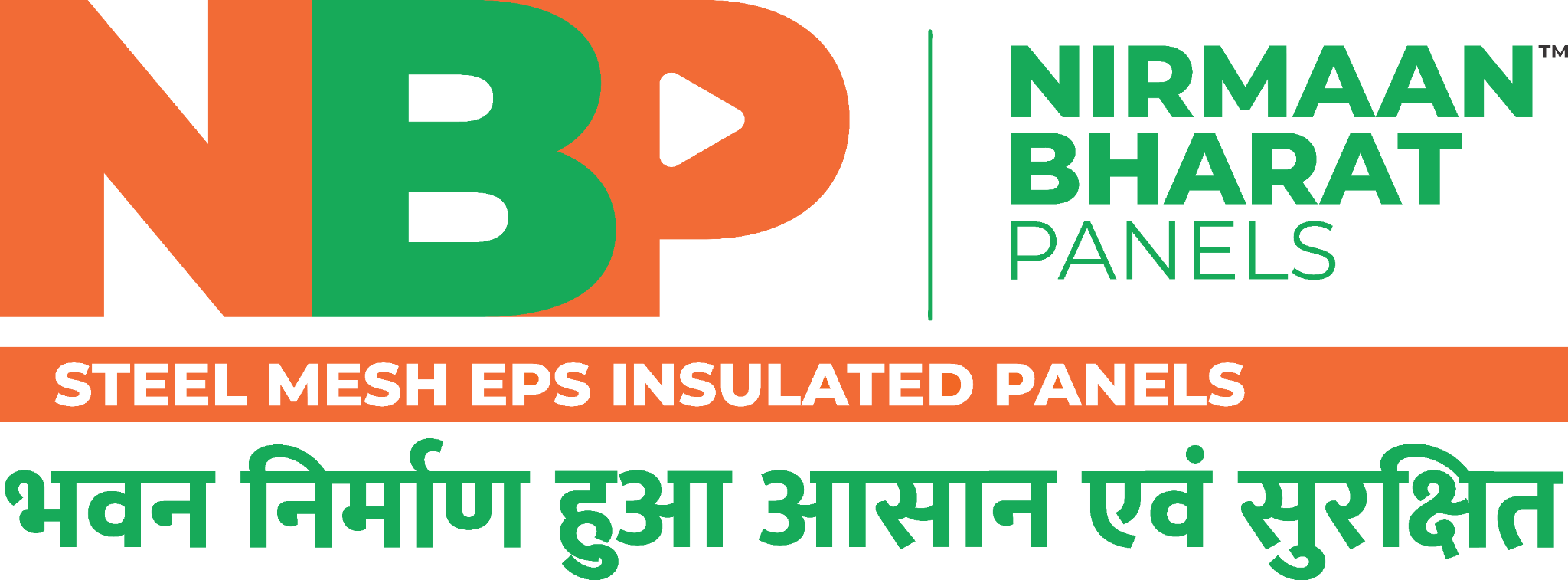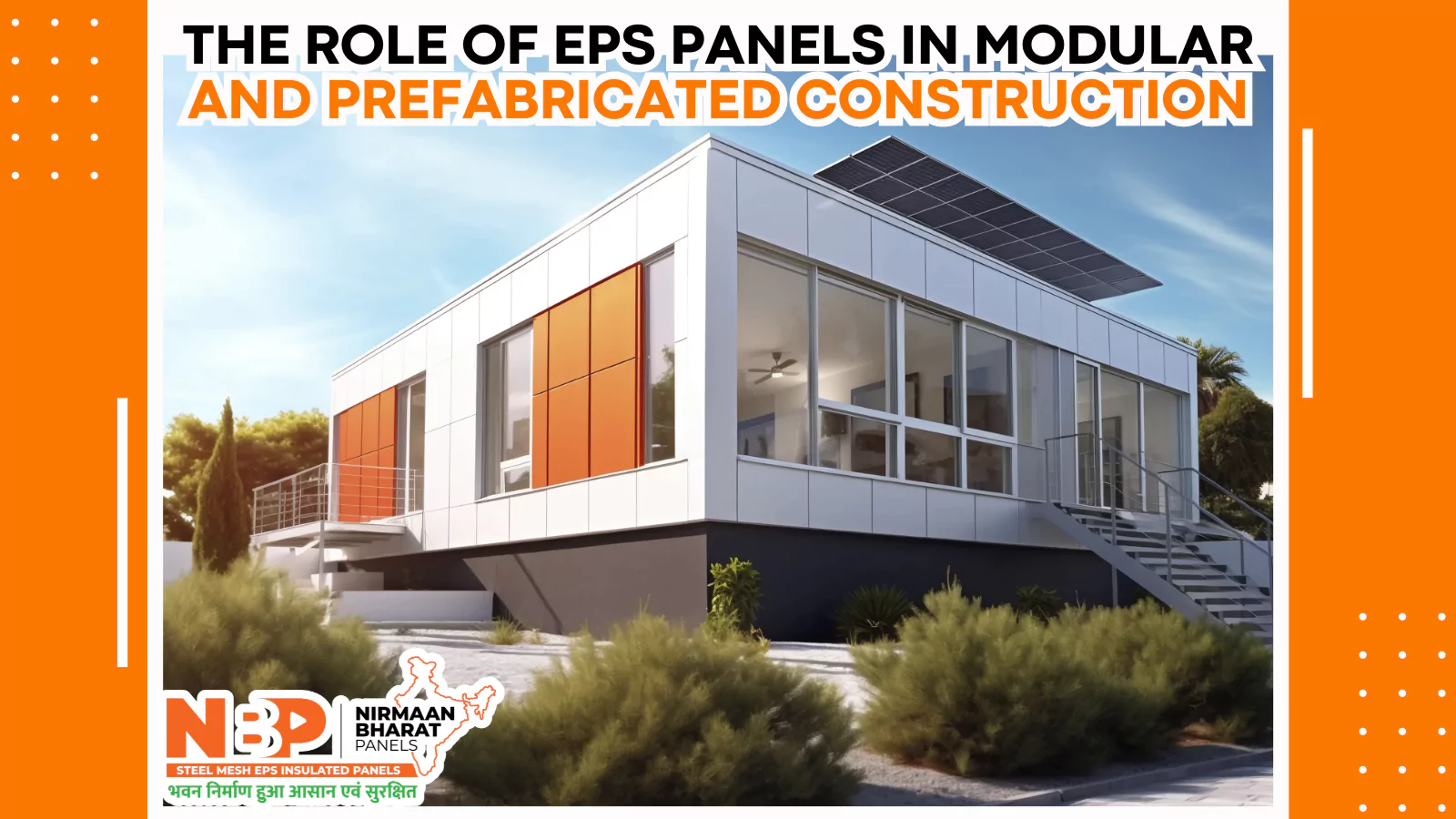As the construction industry evolves, modular and prefabricated methods have gained prominence for their efficiency, cost-effectiveness, and sustainability. A critical component driving these advancements is Expanded Polystyrene (EPS) panels. These panels offer a range of benefits that make them indispensable in modern construction. This article explores the role of EPS panels in modular and prefabricated construction through ten detailed points.
Table of Contents
Toggle1. Composition and Manufacturing of EPS Panels
EPS panels are made from expanded polystyrene, a type of closed-cell foam. The production process involves heating polystyrene beads until they expand and fuse together. This creates a lightweight, rigid foam that can be molded into various shapes and sizes. The manufacturing process ensures that EPS panels have excellent thermal insulation properties and a consistent structure, making them suitable for diverse construction needs.
2. Enhanced Thermal Insulation
One of the major benefits of EPS panels is their exceptional thermal insulation. The closed-cell structure of EPS offers a high R-value, indicating the panel’s effectiveness in resisting heat flow. This thermal resistance helps maintain a stable indoor temperature, reduces the reliance on heating and cooling systems, and lowers energy bills. In modular and prefabricated buildings, where energy efficiency is a priority, EPS panels contribute significantly to achieving high performance in thermal insulation.
3. Lightweight and Easy to Handle
EPS panels are notably lightweight compared to traditional building materials like concrete or brick. This feature makes them easier to handle, transport, and install. The reduced weight lowers shipping costs and minimizes the risk of injury during handling. In modular and prefabricated construction, where components are often manufactured off-site and assembled quickly, the lightweight nature of EPS panels streamlines the entire process, enhancing overall efficiency.
4. Structural Versatility
EPS panels are versatile and can be used in various structural applications. They are available in different forms, including insulated panels, sandwich panels, and structural insulated panels (SIPs). This versatility allows EPS panels to be tailored to specific design and structural requirements. Whether used for walls, roofs, floors, or specialized applications, EPS panels offer flexibility that supports a wide range of architectural and engineering solutions in modular and prefabricated construction.
5. Cost-Effectiveness
The cost-effectiveness of EPS panels is a key benefit for builders and developers. The lightweight nature of EPS panels reduces transportation and labour costs, as fewer resources are required for handling and installation. Additionally, the thermal insulation provided by EPS panels lowers energy costs over the building’s lifetime. The overall reduction in construction time and expenses makes EPS panels a cost-effective choice for modular and prefabricated buildings, helping to keep projects within budget.
6. Durability and Resistance
Despite their lightweight composition, EPS panels are durable and resistant to various environmental factors. They are impervious to water, which prevents issues such as mold growth and deterioration commonly associated with other materials. EPS panels also exhibit good resistance to impact and compressive forces, ensuring long-term stability and performance. This durability makes EPS panels a reliable choice for both residential and commercial applications, providing resilience and longevity to modular and prefabricated structures.
7. Sustainability and Environmental Benefits
EPS panels align with the increasing focus on sustainability in construction. Their production process requires fewer resources compared to traditional building materials, and they can often be made from recycled materials. Additionally, the energy efficiency provided by EPS panels helps reduce greenhouse gas emissions over the building’s lifecycle. The environmental benefits of EPS panels contribute to greener construction practices and support the industry’s shift towards more sustainable building solutions.
8. Acoustic Insulation
In addition to thermal insulation, EPS panels also offer acoustic insulation benefits. The density and structure of EPS panels help reduce sound transmission between different areas of a building and from external sources. This acoustic performance is particularly valuable in modular and prefabricated structures where creating a quiet, comfortable indoor environment is essential. Effective sound insulation enhances the overall quality of life for occupants and contributes to a more pleasant living or working space.
9. Ease of Integration with Building Systems
EPS panels integrate well with other building systems, including electrical, plumbing, and HVAC. Their flexibility allows for the easy incorporation of wiring, piping, and ventilation systems without compromising the panel’s integrity. This compatibility simplifies the coordination of various building systems and streamlines the construction process. In modular and prefabricated construction, where precise integration is crucial for efficient assembly, EPS panels facilitate the seamless incorporation of essential systems.
10. Future Innovations and Prospects
The role of EPS panels in modular and prefabricated construction continues to evolve with ongoing research and technological advancements. Innovations such as enhanced fire resistance, improved recyclability, and the development of new composite materials are expanding the potential applications of EPS panels. As the construction industry progresses towards even more sustainable and efficient practices, EPS panels are expected to play a central role in shaping the future of modular and prefabricated buildings.
Conclusion
EPS panels have established themselves as a vital component in modular and prefabricated construction, offering a combination of thermal insulation, cost-effectiveness, and adaptability. Their lightweight nature, durability, and environmental benefits make them a preferred choice for modern building practices. As technology advances and the demand for sustainable solutions grows, EPS panels will continue to drive innovation and efficiency in the construction industry. Embracing the advantages of EPS panels can lead to more sustainable, cost-effective, and efficient construction practices, paving the way for the future of building design and construction.



